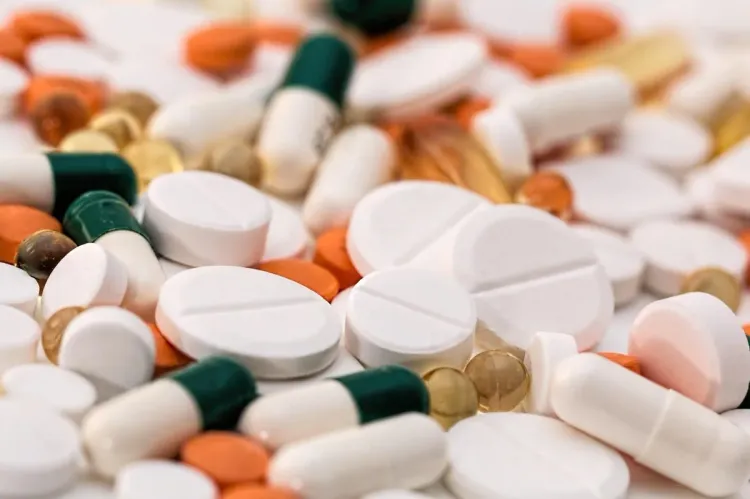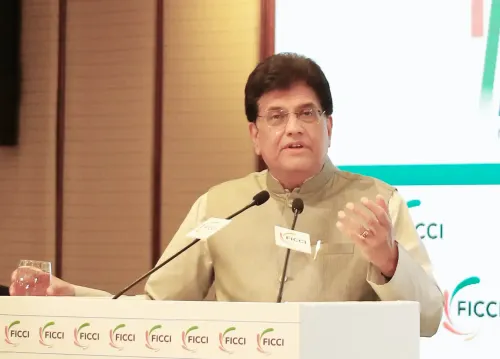Why Is the Indian Pharma Sector Exempt from Trump's Tariffs?

Synopsis
Key Takeaways
- India is a leading global supplier of generic medicines.
- 35% of Indian pharma exports are directed to the US.
- The sector is essential for affordable healthcare in the US.
- Indian companies have robust financial health and diversified revenue models.
- Future tariffs are unlikely to significantly impact the Indian pharma sector.
New Delhi, Aug 28 (NationPress) The reason why India, a top global manufacturer of generic medications, has been omitted from the US tariffs can be attributed to the pharmaceutical industry’s significance, as per industry experts.
Recently, US President Donald Trump introduced an additional 25 percent tariff on India, which takes the total tariff to 50 percent starting Wednesday. Nevertheless, India's pharmaceutical exports to the US, which represent 35 percent of the country's overall pharma exports, remain unaffected by these tariffs. The sector's status is currently under evaluation as part of the Section 232 inquiry.
Sudarshan Jain, Secretary General of the Indian Pharmaceutical Alliance, emphasized that the availability of affordable generic drugs in the US is the primary factor behind this exemption.
India is renowned for supplying the most economical medicines and is the foremost producer across the globe. The country's pharmaceutical sector delivers approximately 80 percent of the world's generic medications.
A recent analysis by India Ratings and Research (Ind-Ra) highlights that the cost-effective and high-quality nature of Indian generic exports provides substantial financial advantages for the US healthcare system.
The report further points out that the US's share in pharma revenue has been gradually diminishing in recent years due to price reductions, which have affected profit margins and returns.
“Most Indian pharmaceutical companies operate in the generic market within the US, yielding low operational profitability. However, these companies maintain a diverse revenue model and robust financial health. There is minimal risk to liquidity within the sector, with significant cash reserves representing 10 to 11 percent of revenues,” stated Vivek Jain, Director of Corporates at India Ratings & Research.
“Additionally, most firms possess adequate leeway under debt agreements and have various funding sources. Hence, any significant impact from future tariffs on Indian pharmaceuticals is highly improbable,” he added.










